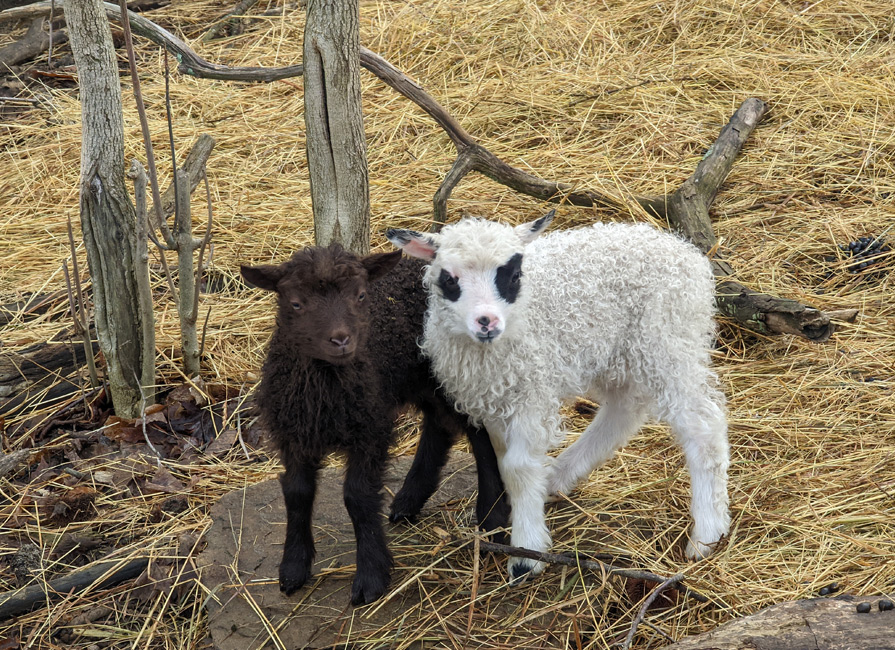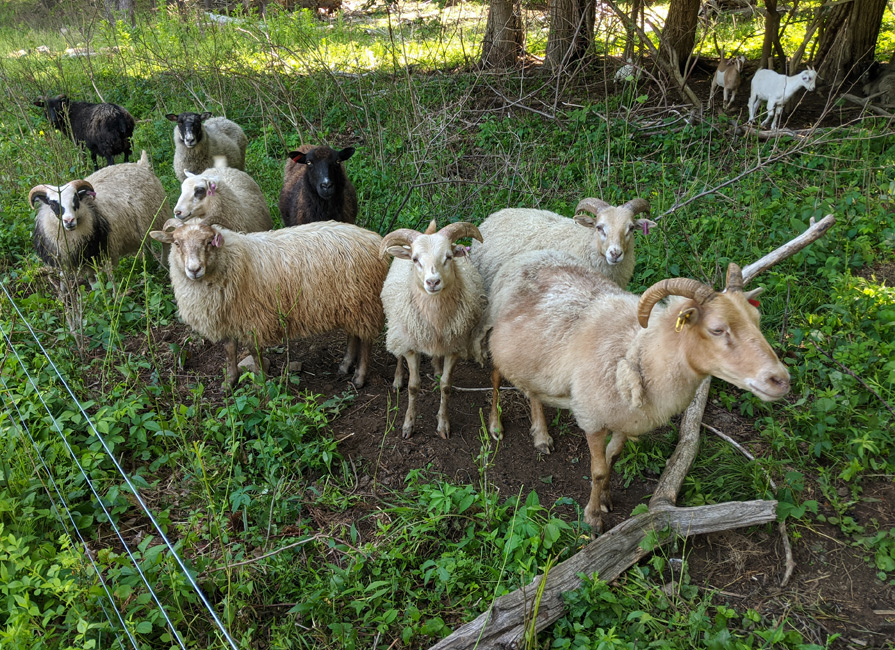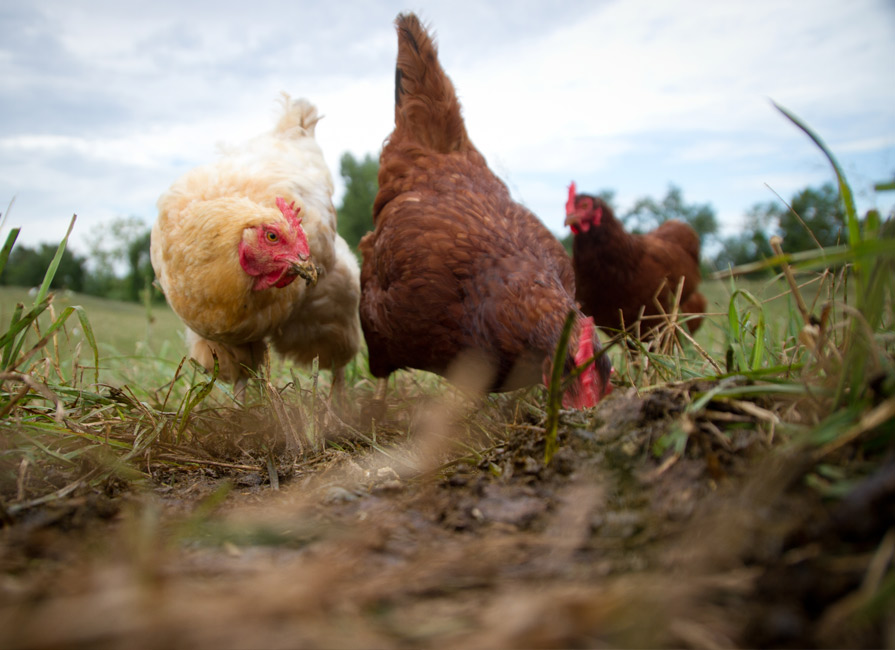A Potent Parasite
Coccidiosis affects nearly all farmed species and can be particularly devastating for young animals. The disease is caused by a parasitic protozoan, which is ingested when animals graze or are exposed to infected fecal matter. Infected animals pass thousands of…




